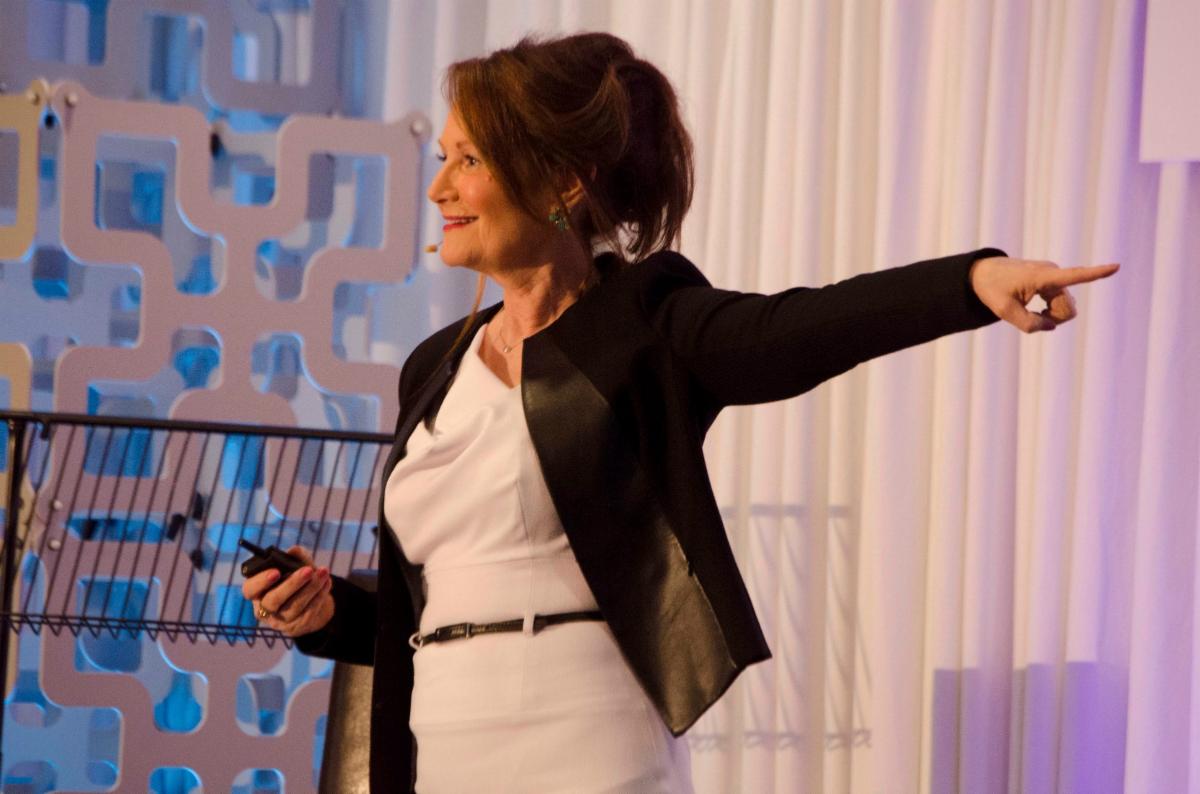
Getting ready for the Big Speech is going more slowly than I’d hoped. Just staying disciplined has been a painful exercise. But I know if I don’t do this work, there is no way I’ll have anything good ready to go on September 27.
But… I am finally feeling more confident in the flow and rhythm of the talk. And every day as I say it out loud I find more things to fine tune.
I admit up until about mid-June, I was becoming increasingly worried. Would I be giving them what they paid for? Would the information be too basic, not entertaining enough? Would I be funny? Would they leave better than they came in? And, most importantly, would it all fit? That’s a huge obstacle for me.
I always start with far too much information that would take about twice as long to deliver than I have time for. My initial outlines are always super detailed. It feels dense at this stage. Also, in today’s presentation landscape, certain audiences appreciate it when you come in under the time limit. I’ve identified this audience as one of those. One thing I’m certain of is a speaker certainly shouldn’t go over.
But editing, ugh. I hate cutting sections. They’re like my babies. I love them. And I have to cut almost half! I always remind myself, “Only you will miss it.” It’s something I always tell my clients, but it’s still torture. The segments that can go will become more apparent as I plod forward.
Yesterday, I worked with my coach, who suggested a really great addition… something that requires a lot more work, but would be so cool if I can pull it off. Now that’s in the mix. And I need a Plan B for that section just in case something goes awry.
I’m saying the speech out loud now about once a day. On average I spend about 90 minutes a day on it. I’m trying not to get bored. I’m testing certain sections before small audiences.
I’ve settled on a somewhat provocative opening. The title is ATTENTION! Re-Igniting Focus in a World Drowning in Distraction, so I feel the need to blow it up from the get-go… not my comfort zone. But I think I have something that will do the trick. The test audiences have enjoyed it, a good sign.
My biggest concern is that I’m spending too big a portion on information I’m super comfortable with and that I love vs. information my audience would prefer to hear. This nagging self-doubt always works itself out, but it’s very uncomfortable while it’s happening.
So, that’s where I am… getting there, but slowly. Adding and subtracting. It’s why I gave myself so much time. I came up with the title and description in February. It was accepted in late April and I started seriously developing and working on it in May.
It’s hard. I take turns wondering why I set myself up for such punishment and remembering the great time I know I will have being on stage, sharing my expertise, inspiring and engaging with my audience, meeting many of them afterward at the book-signing, and taking advantage of all the new opportunities that will naturally follow.
Ok, back to work…
